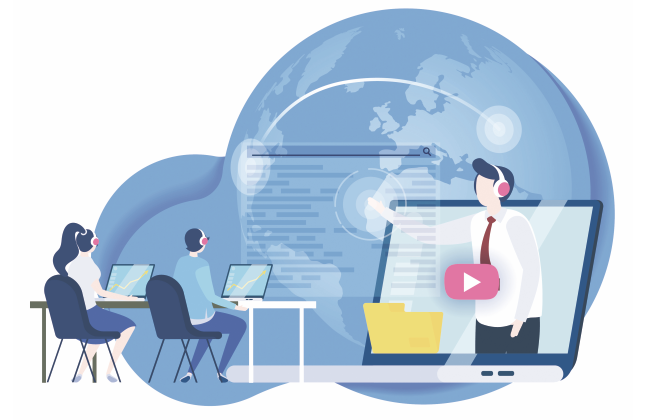Developing bench strength takes time but is arguably the best investment we can make in our businesses
Over the past several months I have had the opportunity to work on people development with two companies in the logistics space. In spite of being in the logistics space the companies are quite different, both in the nature of their business and in terms of their presence.
One is a home – grown Indian logistics company with a rapidly expanding International presence, and the other is the Indian branch of a very large multinational logistics company. The Indian company is keen on educating its teams to better understand international decision making and cultures as it seeks to penetrate markets in Europe, North America and Asia, while the Indian outfit of the multi-national is keen on developing future business leaders for its asset heavy business in India.
Both companies take the development of their next generation of leaders seriously, realizing that if they are to fulfill their potential in the Indian market and abroad they will need leaders who can take decisions independently, making tradeoffs between decisions that may at times seem contradictory, such as revenue generation and cost control. They will need people who can attune themselves to the demands of an international customer base and interact in a way that may seem counter – intuitive, even non – Indian at times. They will need to be able to man-age diverse teams, both in India and internationally.
Developing bench strength takes time but is arguably the best investment we can make in our businesses. Logistics in India is set for takeoff and will require hundreds of thousands if not millions of warehouse managers, load planners, asset managers, network managers and sales managers. As the pace of business quickens, becomes more complex in terms of customer demand and also expands geographically our frontline managers will have to take decisions quickly and independently. There won’t be time for traditional command and control type decision making processes, sending a query up the ladder and waiting for a decision. Training leaders to act independently therefore is key.
What has been noticeable and truly energizing in the work with both companies has been the eagerness with which people participate in training sessions. There is a drive and keenness to learn and adapt that is indicative of peoples’ intent. They’re not in the classroom or online be-cause of their employer but for their own good.
The best methods to impart this training include techniques such as working through business cases. As mentioned in previous columns in Maritime Gateway gamification via e-learning or mobile learning is a relatively inexpensive but effective way to train large numbers of people.
Getting managers raised in a very Indian setting to adapt their working style is not easy of course and will take time. In one of my next columns I will write about the many things that Indian logistics managers can learn from their foreign counterparts, but also what Europeans, East Asians and North Americans for example can learn from Indians.








